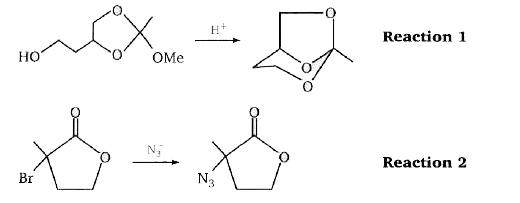
Type of mechanism followed by reaction 1 and 2 respectively .Solution in Telugu
SN1,SN1
SN1,SN2
SN2,SN1
SN2,SN2
The correct Answer is:C
SN2,SN1
Topper's Solved these Questions
- ALKYL HALIDES (SUBSTITUTION REACTIONS)BOOK - MS CHOUHANCHAPTER - ALKYL HALIDES (SUBSTITUTION REACTIONS)EXERCISE - LEVEL-2
41 Videos
- ALKYL HALIDES (ELIMINATION REACTION) BOOK - MS CHOUHANCHAPTER - ALKYL HALIDES (ELIMINATION REACTION) EXERCISE - LEVEL-2
25 Videos
- AMINESBOOK - MS CHOUHANCHAPTER - AMINESEXERCISE - Level-2
1 Videos
Similar Questions
The order of the nucleophilicity of F−,Cl−,Br−andI− in protic solvents is
View SolutionComprehension
E2 raction → Elimination bimolecular
In the general mechanism of the E2 reaction a strong base abstract a proton on a carbon atom adjacent to the one of the leaving group. As the abstracts a proton , a double bond forms and the leaving group leaves.
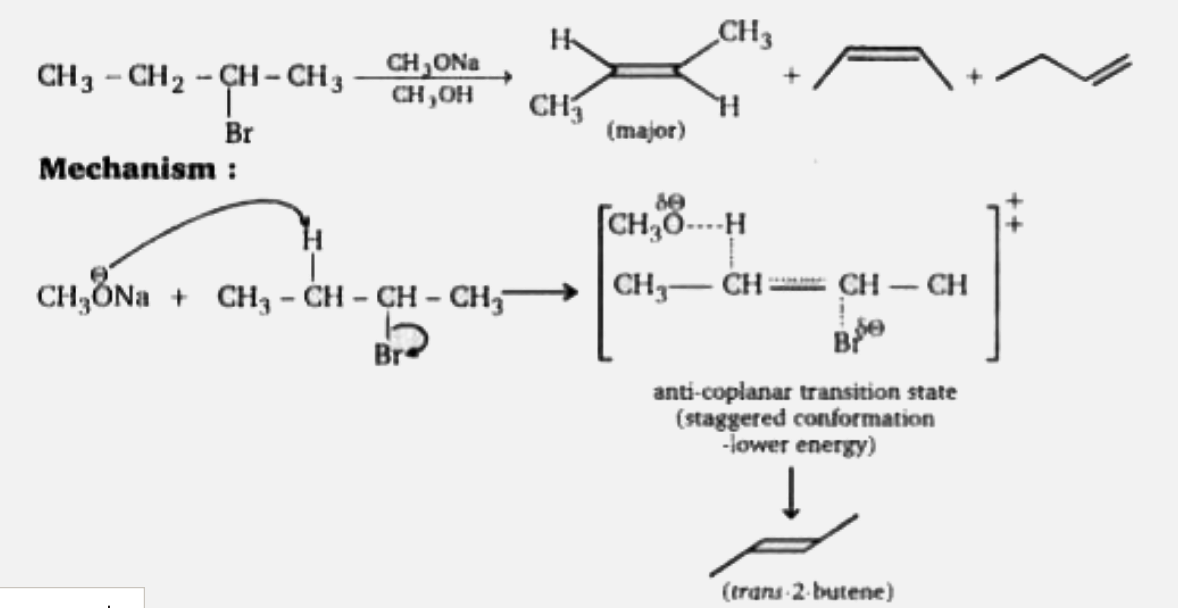
Identify the rate ofreaction of given compounds in E2 reaction:
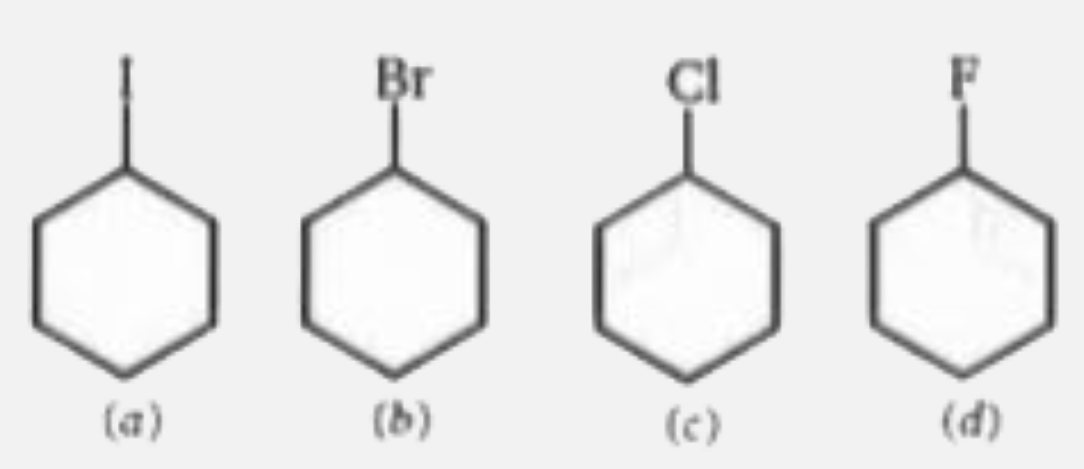
View SolutionFive amine syntheses are outlined below. In each reaction box enter a single letter designating the best reagent and conditions selected from the list at the bottom of the page.
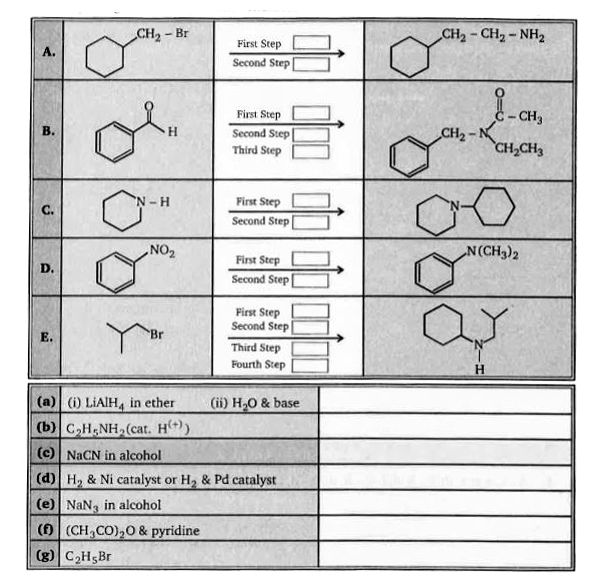

View SolutionTypes Of Organic Reactions And Mechanisms
View SolutionExplain the mechanism of the following reaction:
View SolutionWrite the mechanism for the following reaction
View Solution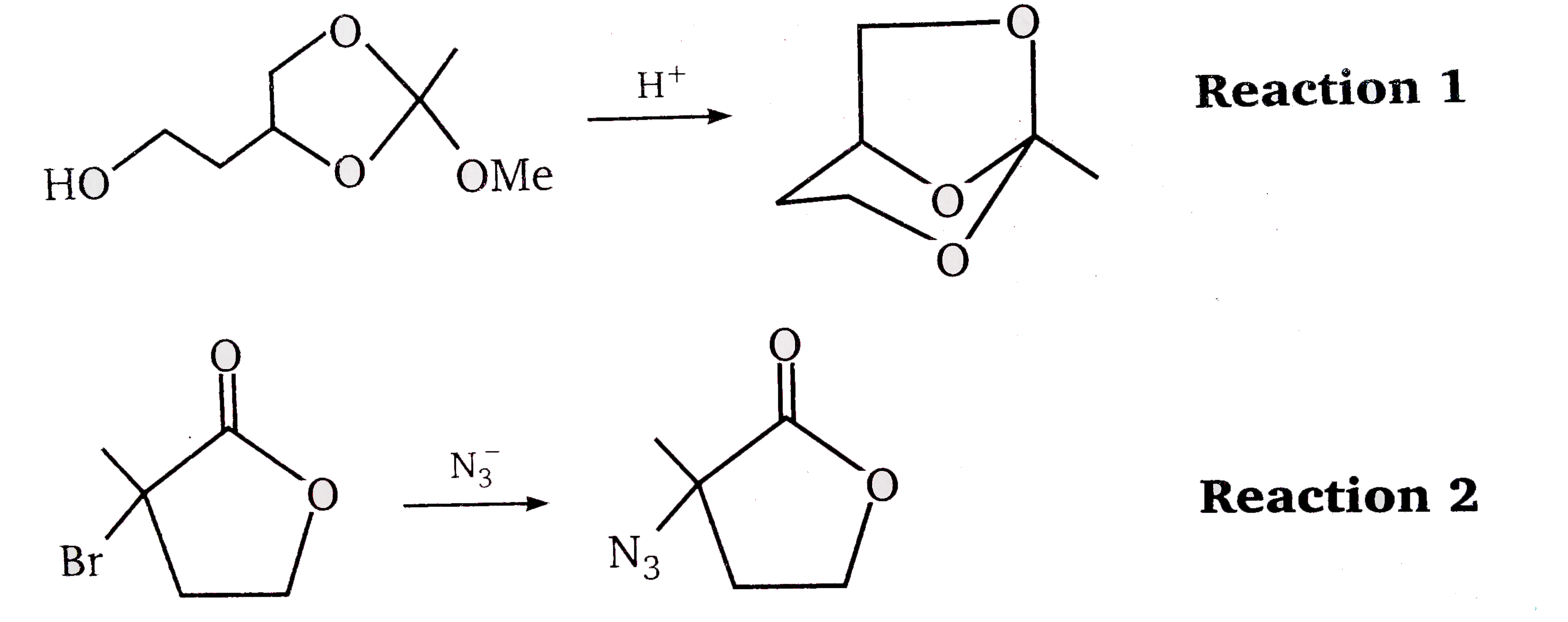
Types of mechanism followed by reaction 1 and reaction 2 respectivly.
View SolutionDraw a mechanism for the following reaction.
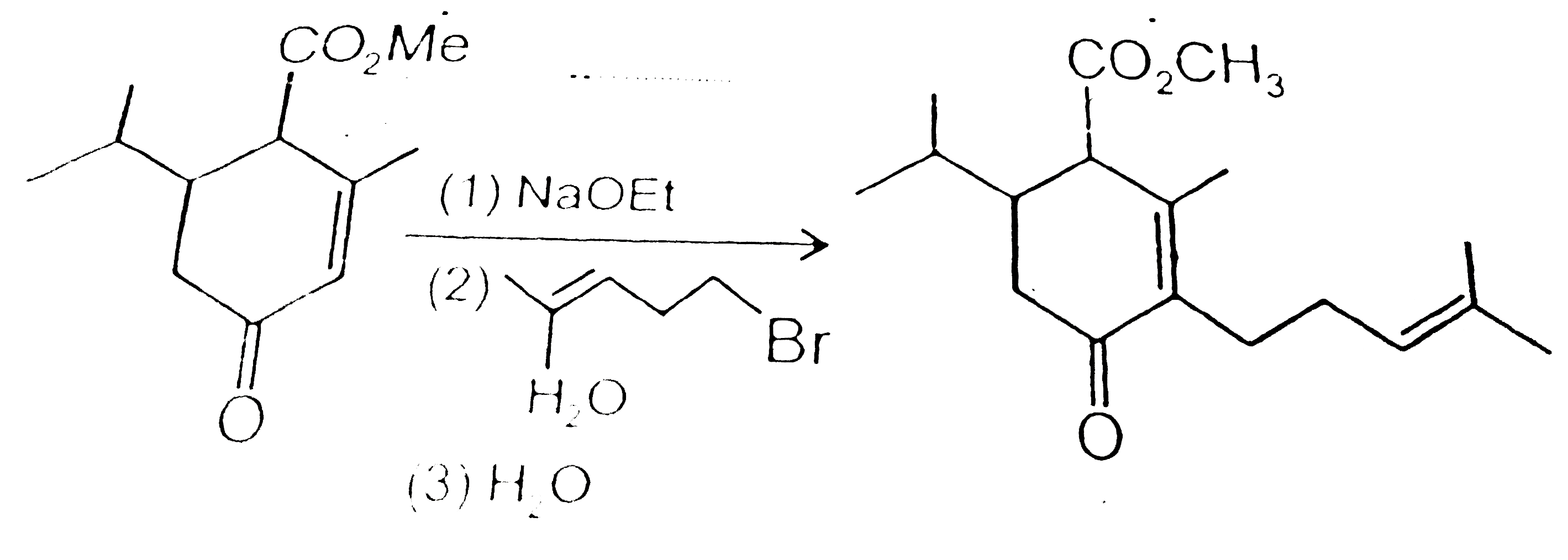
View Solutionयोगात्मक अभिक्रियाएँ क्या होती हैं? विभिन्न प्रकार की योगात्मक अभिक्रियाओं की क्रियाविधि का वर्णन कीजिए।
View SolutionIn Finkelstein reaction, the mechanism followed is ……………….. .
View SolutionIn Frankelstein reaction, the mechanism followed is ………….. .
View SolutionExplain the mechanism of the following reaction :

View SolutionGive type of organic reaction and its mechanism
View SolutionGive type of organic reaction and its mechanism
View SolutionWhich different type of reaction mechanism is observed in addition reaction ?
View SolutionReaction Mechanism : Reaction Mechanism : 1) oxymercuration/demercuration 2) hydroboration/oxidation 3) kucherov reaction
View Solution
